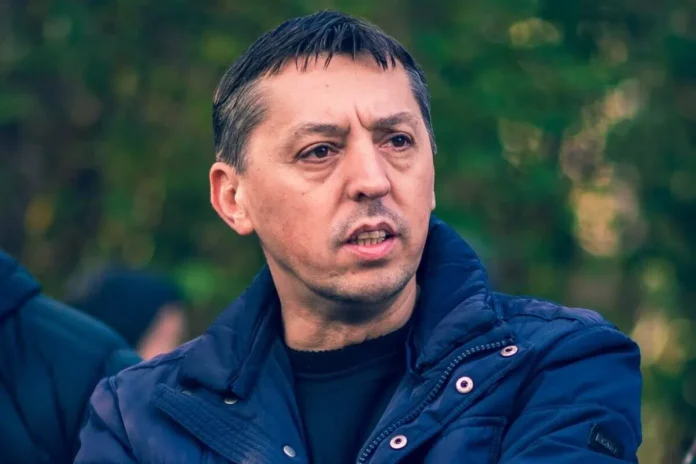Romania’s accession to the Organisation for Economic Co-operation and Development (OECD) is an „extremely important” process and a national project, said Minister of Education and Research Daniel David on Tuesday.
On the same day, the OECD report titled ‘Education and Skills in Romania – OECD Review of National Education Policies’ was launched at the Romanian Academy.
‘I believe education is the fundamental field in a society because through education we prepare all other specialists. If education is poorly done, we will not have good doctors, good economists, or good legal experts, and so on. This report was initiated and completed (…) under three different ministers: it started with Minister Cimpeanu, continued under Minister Deca, and I am the one who finalised it, validated it and now I am presenting it publicly. I paid special attention to this report not only because it is seriously conducted, but also because, as I mentioned, it is part of our OECD accession process,’ he added.
According to him, the strength of the OECD report lies in its reference to best practices in OECD member countries.
The recommendations in the report are, in his words, at the level of vision and general strategy.
‘We know that the inclusion rate of eligible children in early childhood education (pre-nursery level) is very low in Romania. According to the latest EUROSTAT data I checked, it is around 11.4%. That is bad, because as a psychologist – and the OECD also emphasises this – early education, especially at the pre-nursery stage, is poorly developed in Romania. That negatively impacts performance at later education levels, and even affects adult life competencies,’ David explained.
He further said Romania currently lacks the necessary infrastructure to support greater enrollment in pre-nursery education.
‘We have too few nurseries. They are unevenly distributed – mainly in urban areas and not in rural areas. We need more nurseries,’ the minister said.
Daniel David also stressed the need for a curriculum tailored to the pre-nursery educational level. ‘Early childhood education certainly includes care, but also increasingly focuses on education. Therefore, we need a smart curriculum, so that we can gradually begin to form basic elements in pre-nursery education that will serve as foundations for the development of various skills later on,’ he pointed out.
He added that there are also issues with human resources in the early education sector, which are insufficient in number and often underqualified.
AGERPRES




